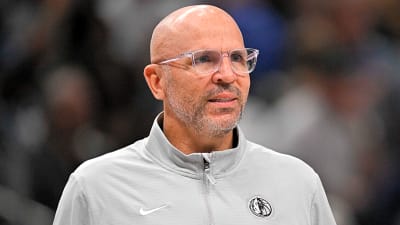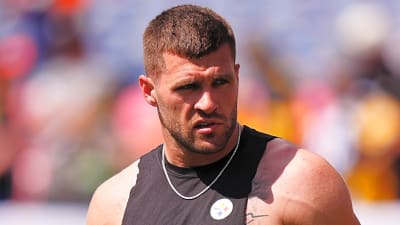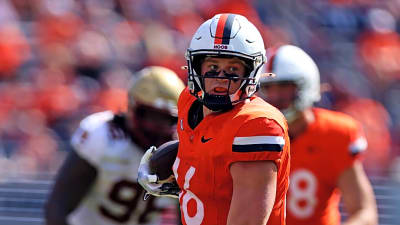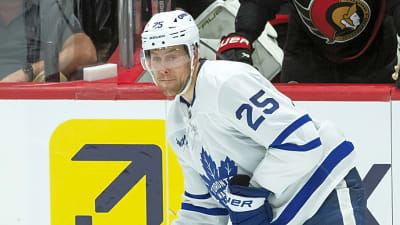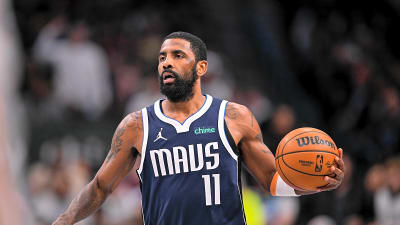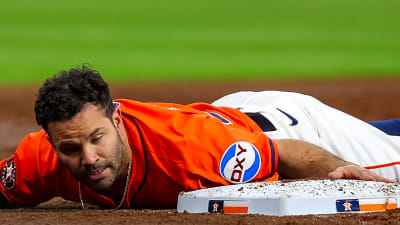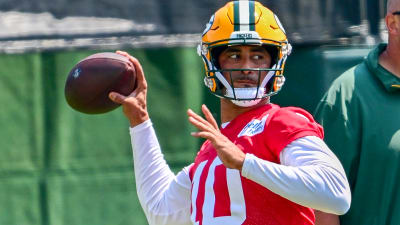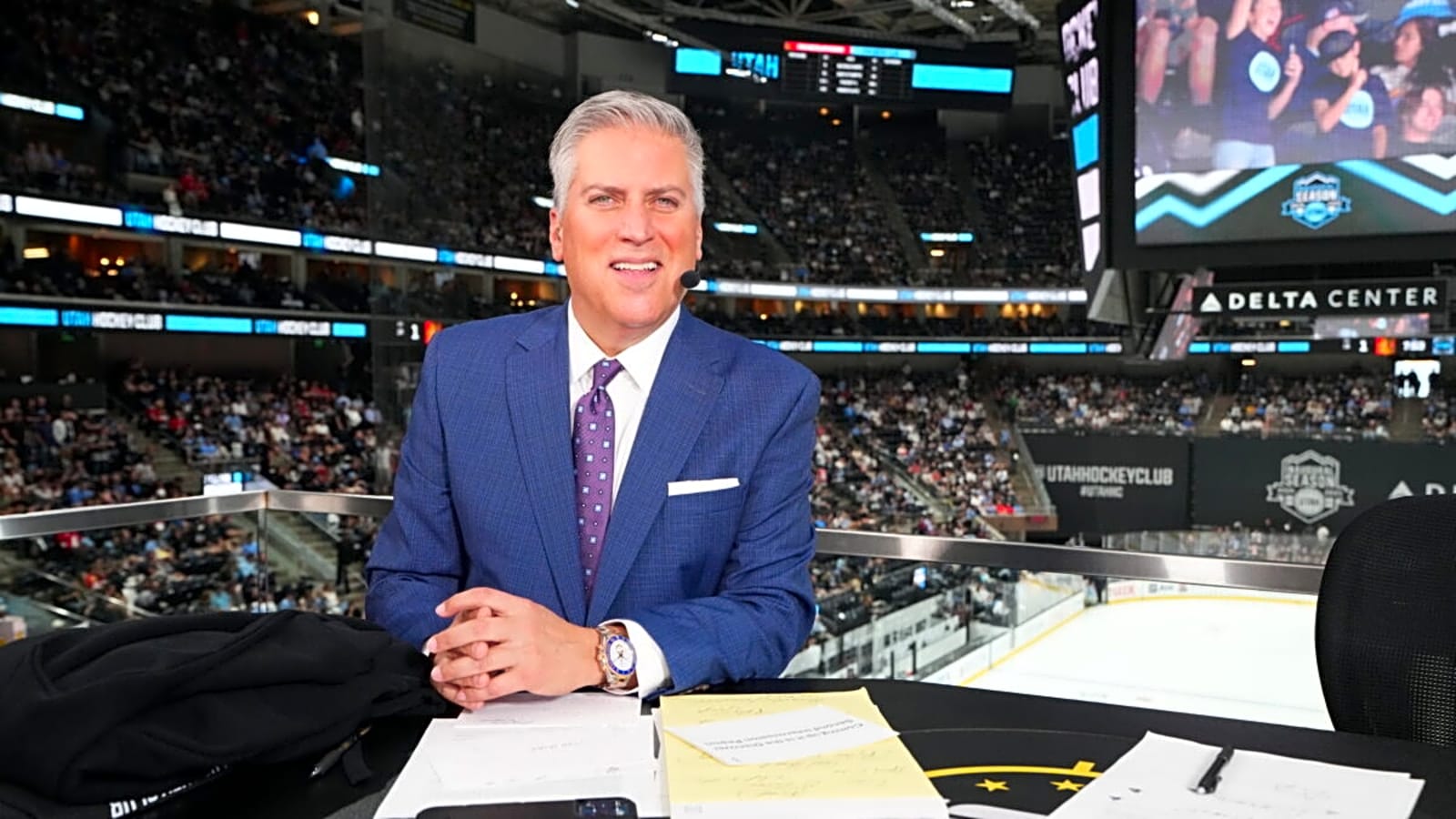
ESPN’s Steve Levy has been a mainstay at the World Wide Leader in Sports since he started there in August 1993. He’s been the lead commentator over a wide variety of sports including football and hockey.
While you may still get to hear him in the broadcast booth on occasion, Levy has carved out a role of late as the host of the pregame and intermission desk on ESPN/ABC hockey broadcasts. He is joined by NHL greats Mark Messier and P.K. Subban.
With the Stanley Cup Playoffs getting underway, Levy was kind enough to talk with the Hockey Writers this week about his role at the desk. That’s a role that usually doesn’t get a lot of attention. However, it doesn’t diminish its importance in the overall TV production.
Busy Start of Playoffs
ESPN will open their coverage of the Stanley Cup Playoffs on Sunday with a tripleheader across their networks including their pregame show called “The Point.”
That’s just the start for ESPN during the first few days of the playoffs. There are four games on Monday and five games on Tuesday between ESPN and ESPN2.
For Levy and crew, this means being on air for both pregame and intermission for all the games. Their team puts in a lot of work behind the scenes to make everything run smoothly.
Levy says that everyone has to be ready physically and mentally to endure potentially long days on set.
“Each night is so different,” Levy said. And really, our first three nights are monsters. I mean, just absolute monsters and endurance will be the key. Have to be in good physical and mental condition going into the office that day. Sunday, we’re gonna start at 2:00 P.M. local time with a pregame show. And then we will wrap around (three) NHL Stanley Cup playoff games. It’s grueling and exciting at the same time. We’re so lucky to have the best seat in hockey really.”
With games starting as late as 11 P.M. eastern, the potential is there for extremely long nights that require multiple overtimes. Regardless, the crew has fun with everything. Oh, and they ensure they have plenty of food around too.
“Of course we’ll get some crazy west-coast game and I’m sure that’ll be the one game that goes to double or triple overtime that night. So, as P.K. likes to say, that’s a pack a lunch day, but we’ll probably need a lunch, a dinner and a couple extra snacks too.
But so much fun. I really think that the people in all sports, they always can agree on one thing that the Stanley Cup playoffs is the best postseason in any sport. And we’ll kick it off in a big way on Sunday.”
Importance of Time Spent During Games
Have you ever wondered what the on-air talent at the desk does while the games are going on? Besides the fun they have of being able to watch the games unfold just like the fans, they have a job to do too.
Levy and crew have to watch the games closely so they are prepared to discuss anything of importance during an intermission. Imagine being at a friend’s house watching the game and you yell over to your buddy and say, “did you see that?”
It’s mostly the same thing in studio too. But as you will see, things can change in a hurry.
“So that’s a very interesting dynamic,” Levy said. “I stay in my position. I stay pretty much on the set and watch from there. Messier likes to go in front of the set and get up close and personal with the TV monitor. And P.K., I’ve never seen a man eat as much as Subban does. And a man who is in such fine physical condition. He eats, I’m going to say he eats roughly two meals per period of hot food, or at least that’s how it seems. He’s just nonstop shoveling food into his face. And again, he’s in fine physical condition and it’s amazing. But I guess he’s eating the right thing. He’s got the personal chef going and me, I’m eating frozen food, so we have very different tastes I guess and appetites as well. So it’s quite an interesting thing to see.”
“Then we’re always screaming out different stuff. That’s what’s cool when you get the multitude of games going on at the same time. I’ll be focused on one game. And again, we’ve got these giant boxes of screens, which might have a four box or even a six box, although there won’t be six games going at one time, but we’ll be focused on different games and that can be very helpful. Let’s be able to scream out, oh, look at this play. And (it’s) something we weren’t watching. We were watching different games, so we sort of bring each other into all the games at the same time.”
“And then when it’s a critical time, might be a critical power play late in the game, we’re all watching the same game, certainly with an eye on the game that we’re actually doing in the moment so we can be the most educated and talk as appropriately about that moment when we’re all on tv which could be 30 seconds from that point. Things are rapidly changing all the time and every time we make a plan, hey, we want to do this, this and this, or something crazy happens with four minutes left in a period, we just scrap those plans and go in an entirely different direction.”
Levy’s Most Important Role
Not only does Levy need to steer the shows to stay on point, he also needs to get the best out of the analysts he’s working with. He, Messier and Subban have good chemistry together from doing this for some time.
The key in Levy’s mind are those in-game conversations they have in studio. Try to think of it as a mini rehearsal of sorts.
“A lot of that comes from the conversations we have during the period. I know what Messier is hot on. I know what P.K.’s focused on. A mistake by the defenseman or how did he make that play? What’s he thinking with that pass? Because we’re in the moment, we’re talking about it, but the first time we talk about it is not on the air. So we sort of have the benefit. It’s almost like a mini rehearsal.”
“We’re in constant conversation about what they’re interested in and it’s not on the air, but therefore I know what their key points are and I always try to work backwards. Very rarely am I asking a question without knowing some part of the answer. And so I’ll work backwards knowing what they’re excited to talk about, what they’re fixated on, what’s got them hot under the collar, that kind of thing. And a lot of times also if they don’t answer it, if they don’t say what I know they want to say the first time, I’ll ask a follow up because I know if I give them a second shot, BAM, they’re gonna come heavy with their hot take or whatever it was that got them so fired up.”
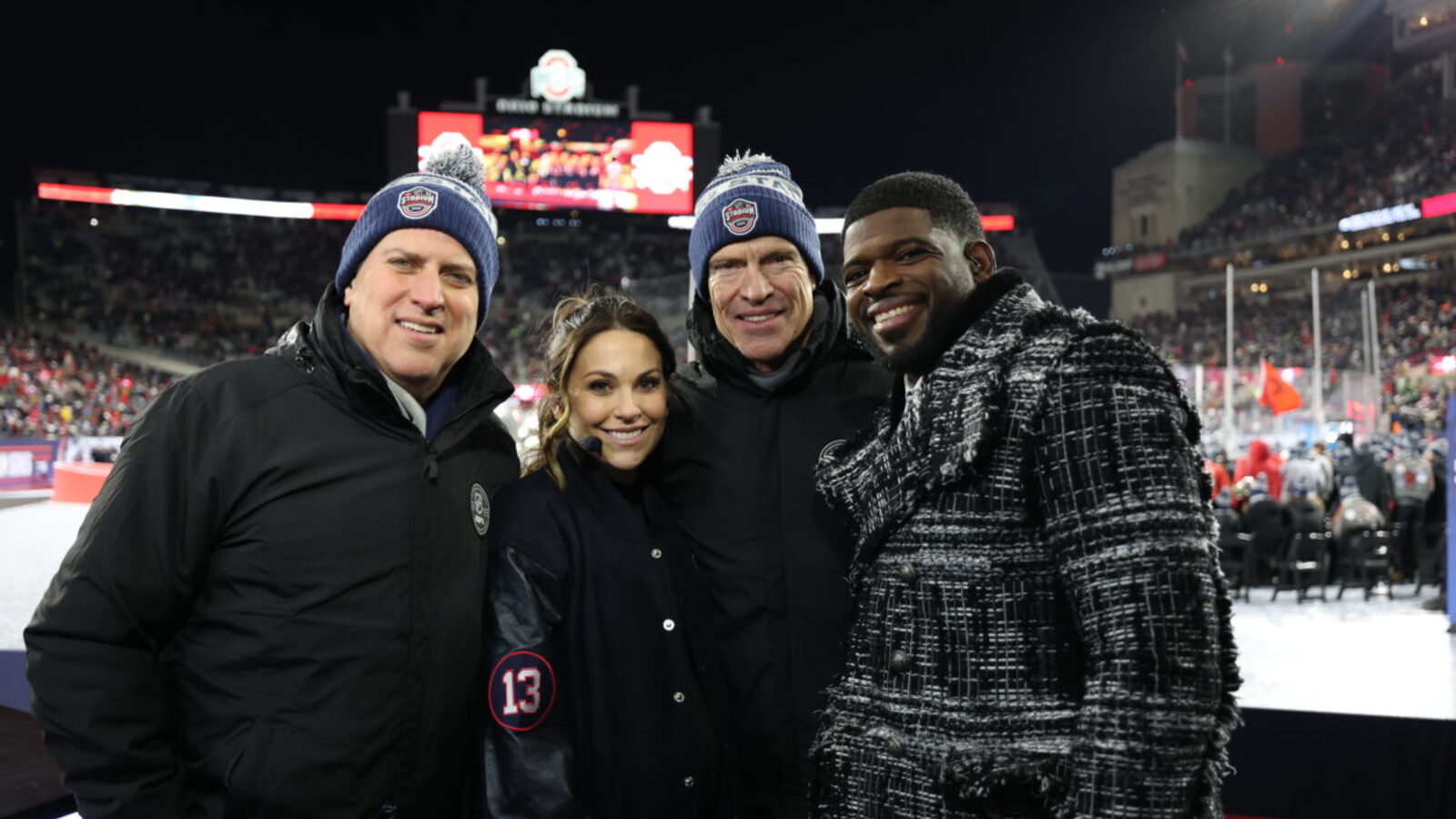
“I never want to miss out on getting that piece, that opportunity out into the public. And that takes some experience, by the way. I think I’m a good listener. I think my questions are short because I’m sitting next to the experts. One of my strengths has always been I know what I don’t know and I’ve got two experts obviously in Messier an all-time legend. And in P.K., a guy who was in the game, who’s played against all these guys as recently as three years ago. So I’d be a fool to keep talking and not let them do the majority of the talking.”
An Inside Joke
While Levy, Messier and Subban have that good chemistry, they also have their funny stories and inside jokes. One in particular stands out to Levy to this day. There is simply one thing that he and Messier cannot agree on.
“Mark, who was one of the toughest players in hockey history, right?” Levy said. “That growl on his face right. With the forehead crinkles up and he stares at you and he gives you the Messier’s there. One of the toughest guys ever. Born and raised in Edmonton, Alberta. He can’t take the cold weather anymore and it makes me crazy. It’s one of the inside jokes. I tend to like the studio on the colder side and Mess will wear a snow parka inside the studio. He’ll wear a toque inside the studio and only takes it off seconds before we’re about to go on TV. He wants it 72 and sunny in the studio. And I simply point out that’s not how these television studios work.”
“So we’ll argue about the thermostat. We do the thermostat jockeying. If I go out to get a drink of water or something, I might drop it down to 68 and next time I go back, Mess puts it up to 71. That is a constant inferior fight that’s going on. You would think Mess would love the cold weather where he is from. I’ll never say he is gotten soft, but he doesn’t like the cold. That’s one of the fun games we had. That’s the game inside the game, if you will.”
As you can see, Levy has multiple important jobs involved that are crucial to making a good studio show. Much of what they do happen during the games while you’re watching the live game feed.
There may be some quirks and there may be some inside jokes between them. But when it’s their time to be on air, they are ready to go thanks to all of the work they do behind the scenes. It’s a lot more than we realize.
More must-reads:
- What's next for Connor McDavid? Four scenarios for Oilers superstar
- Hockey Hall of Fame announces 2025 class
- The 'Most goals in a Stanley Cup Playoffs' quiz
Breaking News
Trending News
Customize Your Newsletter
 +
+
Get the latest news and rumors, customized to your favorite sports and teams. Emailed daily. Always free!
